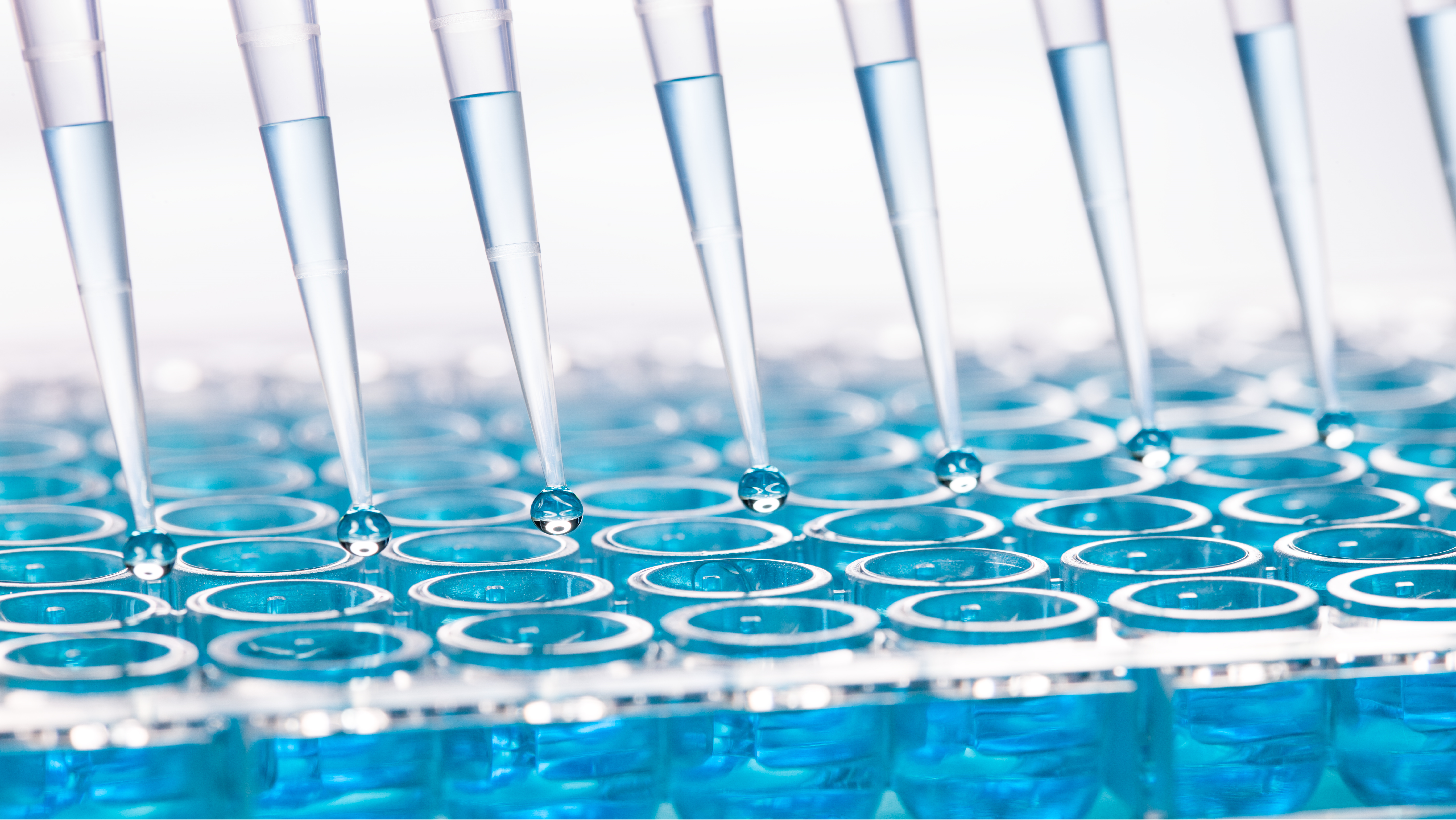At a glance
- The Centers for Disease Control and Prevention (CDC) National Center for Environmental Health helps assure the quality of laboratory test results for patients and healthcare providers, as well as researchers and public health officials. These programs focus on laboratory tests related to chronic diseases, newborn screening disorders, nutritional status, and environmental exposures.

Overview
More than 1 billion laboratory tests that identify and measure chemicals, such as lead or cholesterol, are performed each year in the United States. The test results can play a large role in medical decisions.
Given the importance of laboratory test results, CDC 's National Center for Environmental Health has vital programs to help assure the quality of these data can be accurate. CDC offers customized quality assurance and standardization programs to help laboratories improve the quality and reliability of their measurement procedures. The services CDC provides include reference materials, proficiency testing, training, guidelines, and consultations. Each CDC laboratory quality assurance and standardization program is voluntary, and most are free of charge.
